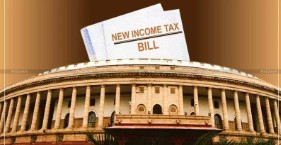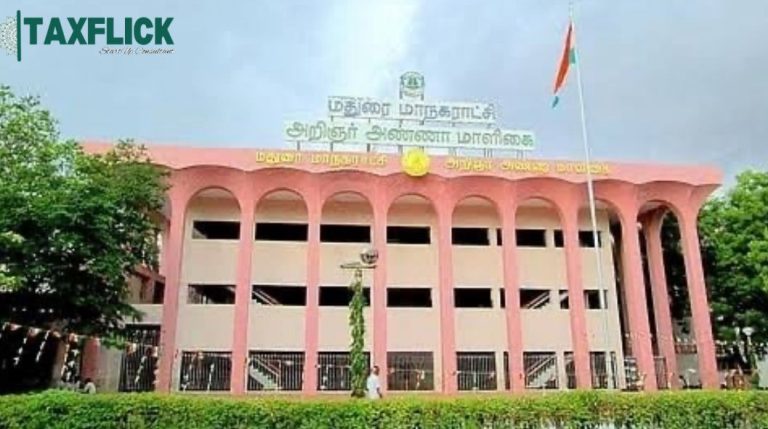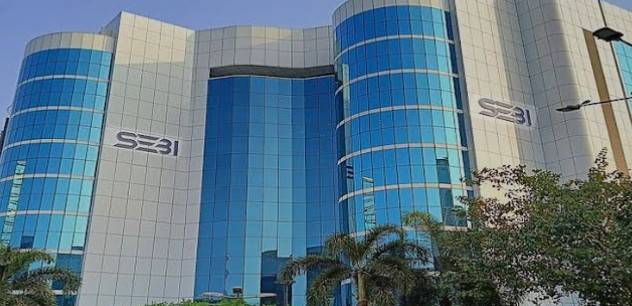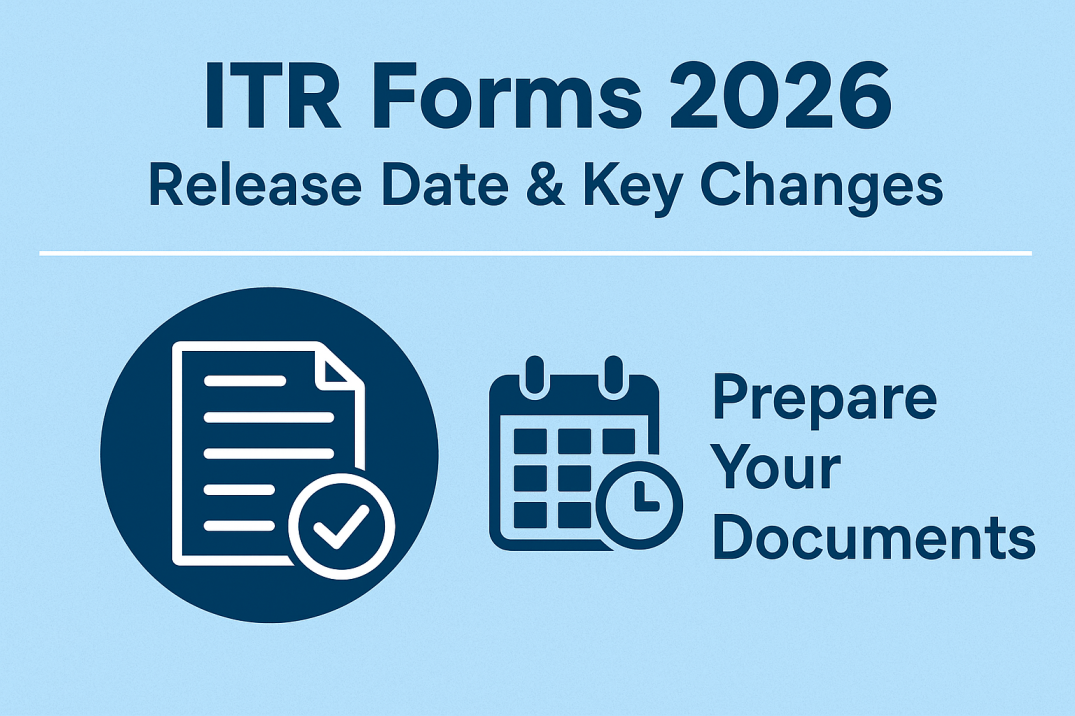Lok Sabha Passes Income Tax (No 2) Bill: Aiming to Make Tax Laws ‘S.I.M.P.L.E’
The Lok Sabha on Monday approved the Income Tax (No 2) Bill, 2025, marking a significant step as this would replace the complex, six-decade-old Income Tax Act of 1961. It will make it a more streamlined and comprehensible framework. The bill, which Finance Minister Nirmala Sitharaman has been titled as a “S.I.M.P.L.E” law, passed without detailed debate, even as Opposition members avoided noisy protests over unrelated issues.
The acronym S.I.M.P.L.E — first introduced by Sitharaman when she presented the draft in February — stands for Streamlined structure and language, Integrated and concise, Minimized litigation, Practical and transparent, Learn and adapt, and Efficient tax reforms. She told the House that the legislation aims not only to simplify tax rules but also to make compliance less burdensome for individuals and businesses alike.
The original draft was examined by a parliamentary select committee headed by BJP MP Baijayant Panda, which proposed 285 changes. Sitharaman confirmed that most of these have been incorporated into the revised bill. According to Panda, the overhaul halves the length and complexity of the tax code, making it easier for taxpayers and small businesses to navigate without falling into legal disputes.
The 1961 Income Tax Act — amended more than 4,000 times and swollen to over five lakh words — has long been criticized for its dense language and intricate provisions. The new bill aims to cut through that complexity by clarifying definitions, tightening cross-references, and removing outdated clauses. Key terms such as capital asset, micro and small enterprises, and beneficial owner have been clearly defined to avoid interpretation disputes.
Major Proposed Changes
One of the headline reforms is the assurance that taxpayers can claim refunds even if their returns are filed after the due date — a departure from earlier restrictions that often left late filers ineligible. Additionally, the bill proposes that delays in filing tax deducted at source (TDS) statements will no longer attract penalties, reducing stress for small businesses and individual deductors.
A new Nil-TDS certificate provision will allow taxpayers with no tax liability — whether residents or non-residents — to obtain advance certification to prevent unnecessary deductions. This is expected to benefit pensioners, freelancers, and expatriates who fall below taxable thresholds.
For retirees, the bill explicitly allows tax deductions on commuted pension and certain lump sum pension payments from specified funds such as the LIC Pension Fund — a clarification that was only implicit in the earlier draft.
Corporate taxpayers will also see the return of deductions on inter-corporate dividends under Section 80M, reinstating a benefit that was removed in previous amendments.
In property taxation, the rules for calculating the annual value of rental property will change. Currently, if a property is vacant for part of the year, tax is based on the lower of reasonable expected rent or actual rent received. Under the new law, tax will be calculated using the higher of the two amounts — a shift intended to bring more consistency to rental income reporting.
Implementation Timeline
The Income Tax (No 2) Bill is scheduled from April 1, 2026.As its schedule date is next year, the taxpayers, professionals, and businesses have time to adjust to it. The bill has been successfully passed from Lok Sabha, Rajya Sabha approval is still awaiting before it becomes a law.
If the bill gets enacted, this will be one of the most significant move of India’s direct tax system in decades. Benefitting the ones that seeks to live up to its own acronym by making tax compliance truly simple.






